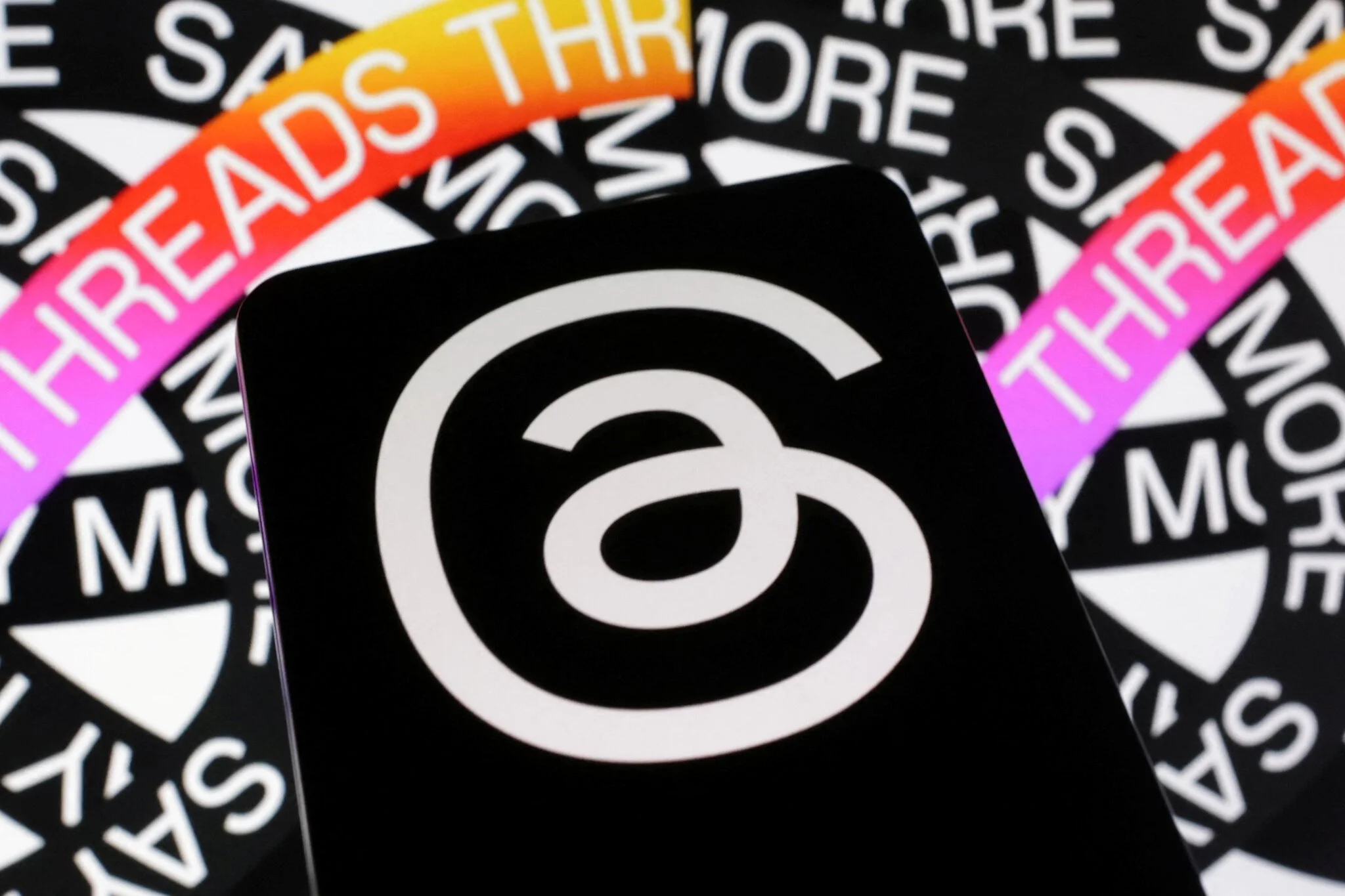Pulling a Thread
#Week27 saw Meta – the company behind Facebook, Instagram and WhatsApp – launch Threads, a new app designed to take on the microblogging might of Twitter. Pitched as a ‘friendly’ version of the Elon Musk owned social network, Threads claim that over 30 million people have signed up since its launch. Pretty much every journalist in Paperclip’s timeline has been quick to promote their new Threads handle.
Only time will tell how this plays out. Maybe Twitter is displaced, maybe Threads disappears without trace, maybe there’s room for both networks to co-exist. But one thing seems clear: Meta would not be undertaking this attempted land grab if Twitter hadn’t opened the door through some questionable operational decisions since Musk’s takeover in October last year.
Loaded with debt and desperate to increase revenue while reducing costs, Twitter as both a user experience and advertising environment has declined over the past six months. Laying off much of the tech team has led to regular outages and glitches. A new paid-for blue tick system has promoted less engaging content at the expense of those names that previously underpinned much of the Twitter’s appeal. Free speech absolutism – laudable in theory – has proven to be both fragile (see Musk’s willingness to censor tweets in Turkey during elections) and a boost for the worst and more hateful aspects of the network. Major corporate advertisers have pulled back, concerned about the context their ads will be seen in, and clickbait promoted tweets have proliferated. It has, in short, become a worse place to be.
It is tempting to think of major tech firms as unassailable in their dominance – they are too big, too all-encompassing, too entrenched into people’s day-to-day lives to ever truly be challenged. But a quick glance across the brief history of the internet shows this not to be the case. Altavista was usurped by Google; Nokia bested by Apple and Samsung; MySpace made obsolete by Facebook. Every company looked invulnerable right up to the point when it suddenly wasn’t – change, when it comes, happens quickly.
If Threads is to become the dominant network, it will be because it creates a space where a critical mass of people would prefer to be. It will also need to figure out how to balance the competing and sometimes conflicting aims of creating a space that is both an engaging place to be and attractive to advertisers. Policing social media is thankless task, and policy changes around the world could make it harder still. If, for example, social media networks were to be made legally responsible for everything published on them – in the same way as newspapers are liable for libellous stories in their pages – then the business model quickly becomes untenable.
Twitter has the incumbency advantage, and not many people have made money over the past two decades by betting against Elon Musk. He was right when he said that Twitter is the world’s digital town square. But as real estate shows, when a town square becomes run down and full of rubbish, visitors tend to go elsewhere.

